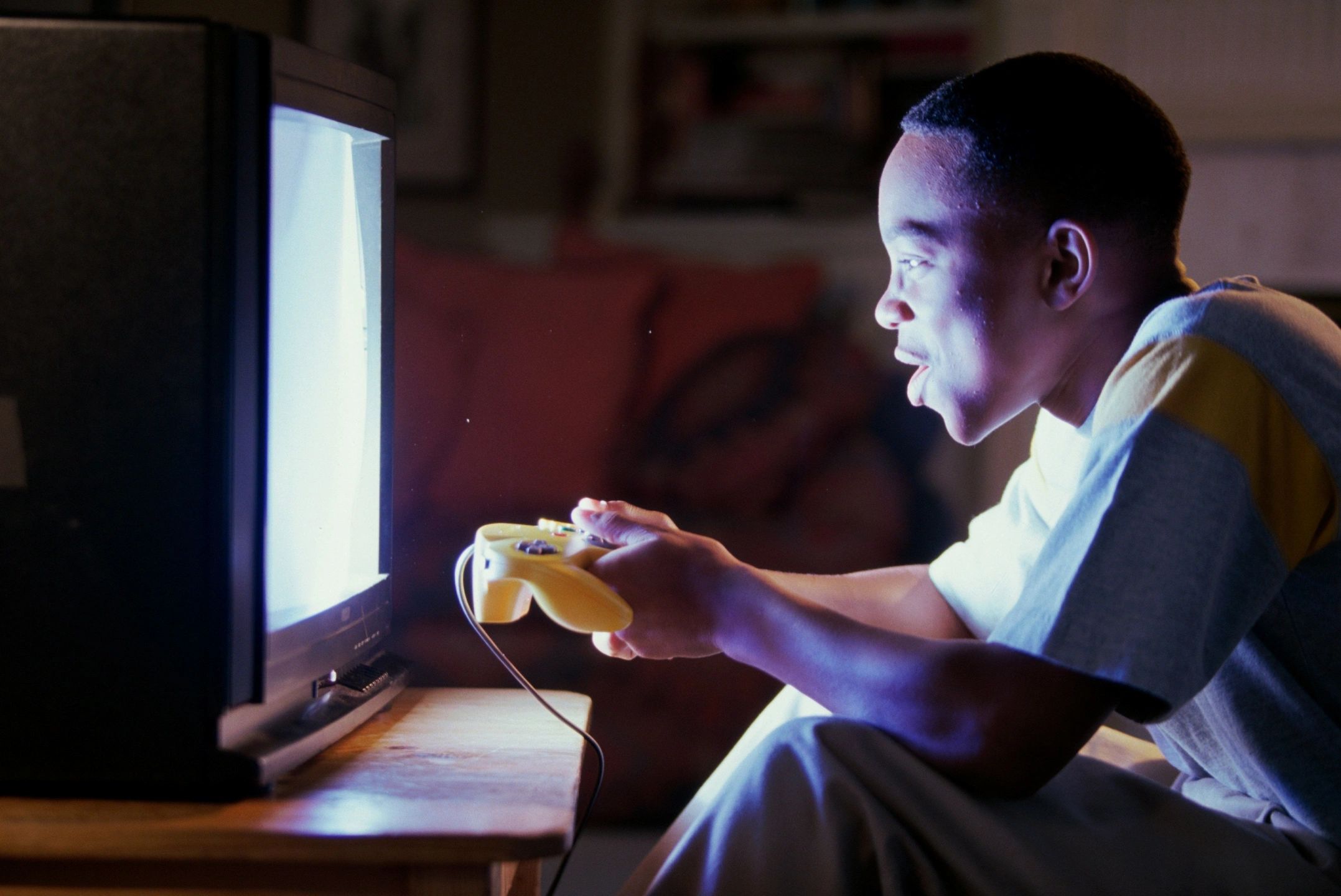When young people experience loss, finding appropriate ways to process their grief can be challenging. At Pollen, we understand that children and teens often struggle to articulate complex emotions and may need alternative pathways to healing. Gaming has emerged as a powerful tool that can help young people work through grief in ways that feel natural and engaging to them.
Why Gaming Works for Grieving Youth
Children and teens process grief differently than adults. They typically move in and out of grief in shorter bursts, expressing emotions through behavior rather than words. Young people often need concrete, interactive ways to understand abstract concepts like death and loss, while simultaneously seeking normalcy and routine during chaotic emotional periods. Gaming provides a developmentally appropriate medium that aligns with how young people naturally process difficult experiences.
The Therapeutic Benefits of Gaming for Grieving Youth
Creating Emotional Safety
For many children and teens, direct conversations about loss can feel overwhelming. Games offer emotional distance that provides a slight removal during gameplay, allowing young people to engage with difficult feelings without being consumed by them. Characters and scenarios in games help children process grief symbolically when direct confrontation feels too intense. The structure and predictable rules of games provide control during a time when life may feel unpredictable and chaotic.
Fostering Connection During Isolation
Grief can be an isolating experience, especially for young people who may feel different from their peers after a loss. Gaming can maintain peer relationships when traditional socializing feels difficult and create common ground with friends who might not know how to relate to a grieving peer. Online communities and multiplayer games can connect grieving youth with others who understand similar experiences, reducing feelings of isolation.
Expressing Difficult Emotions
Young people don’t always have the vocabulary to express grief. Games provide alternative languages for emotional expression. Creative outlets in games like Minecraft or Roblox allow children to build memorials or special places to honor loved ones. Metaphorical storytelling through game narratives often mirrors their experiences in ways that resonate deeply. Active gaming provides physical release that helps discharge the nervous energy grief often creates in young bodies.
Age-Appropriate Gaming Approaches for Grief
Elementary School Age (6-12)
At this age, children benefit from games that offer concrete representations of abstract concepts. Games providing opportunities for creative expression allow younger children to externalize feelings they may not have words for yet. Games featuring characters who overcome challenges can be particularly helpful as they model resilience during difficult times. Games such as Minecraft, Animal Crossing, and Super Mario Odyssey often resonate with this age group, offering safe spaces to explore emotions indirectly.
Teens (13-18)
Teenagers often connect with games that explore complex emotional themes and offer deeper narratives about loss and resilience. During adolescence, games providing social connection opportunities become increasingly important as peer relationships take center stage. Games allowing for identity exploration during a time of change can be particularly meaningful. Titles such as Life is Strange, The Last Guardian, and Gris offer nuanced emotional journeys, while multiplayer games like Fortnite can maintain crucial social bonds.
Guidance
Supporting a grieving child or teen through gaming means showing genuine interest in their gaming experiences without judgment or criticism. Playing together when appropriate creates shared experiences that can open doors to meaningful conversations. Parents should watch for signs that gaming is helping versus becoming an unhealthy escape, while striving to create balance between gaming and other grief support activities. Following the child’s lead on when and how they want to discuss connections between their gaming and grief experiences respects their unique processing style.
For counselors, therapists, and grief support specialists working with young people, game-based therapy can provide a window into a child’s emotional world when traditional talk therapy might be ineffective. Therapeutic gaming groups can help grieving youth connect with peers with similar experiences in a context that feels natural rather than forced. Professionals can also provide game selection guidance to help parents choose age-appropriate games that support healthy grief processing for their specific child.
Gaming as Part of the Healing Journey
At Pollen, we believe in meeting young people where they are. For today’s children and teens, digital worlds are natural spaces for exploration, expression, and growth. By recognizing the value of gaming in grief recovery, we can provide additional pathways for healing that resonate with youth culture and developmental needs. Gaming won’t take away the pain of loss, but it can provide meaningful tools for young people to process, express, and eventually integrate their grief experiences as they grow.




